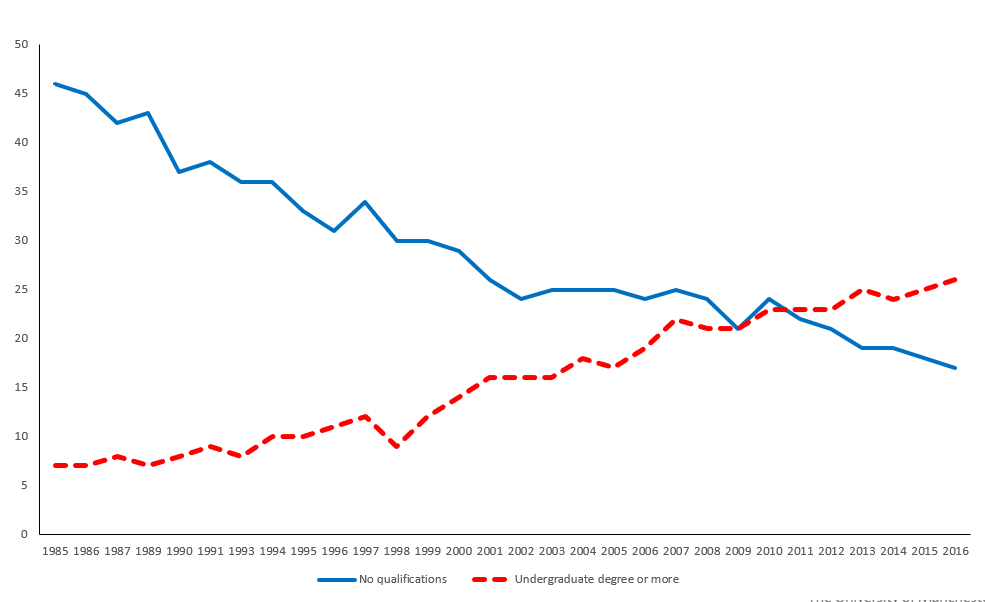
Another in Kaufmann's unique line of "academic freedom requires governments to force universities to do things and regulate them closely" arguments.
https://twitter.com/jdportes/status/1327666760410157059
Kaufmann seems either not to know or not to care that throughout most of history, and in most of the world today, the thing academics fought for freedom *from* was government interference in their lives and thinking of exactly this kind.
Universities in autocracies commonly are obliged to recruit people based on their political beliefs, for example. This is not generally thought of by those involved as "protecting academic freedom" (though no doubt imaginative apparatchiks try to sell it as such)
Bill Hicks meant "You are free to do what we tell you" as satire.
For Kaufmann, its a policy recommentation.
For Kaufmann, its a policy recommentation.
• • •
Missing some Tweet in this thread? You can try to
force a refresh



